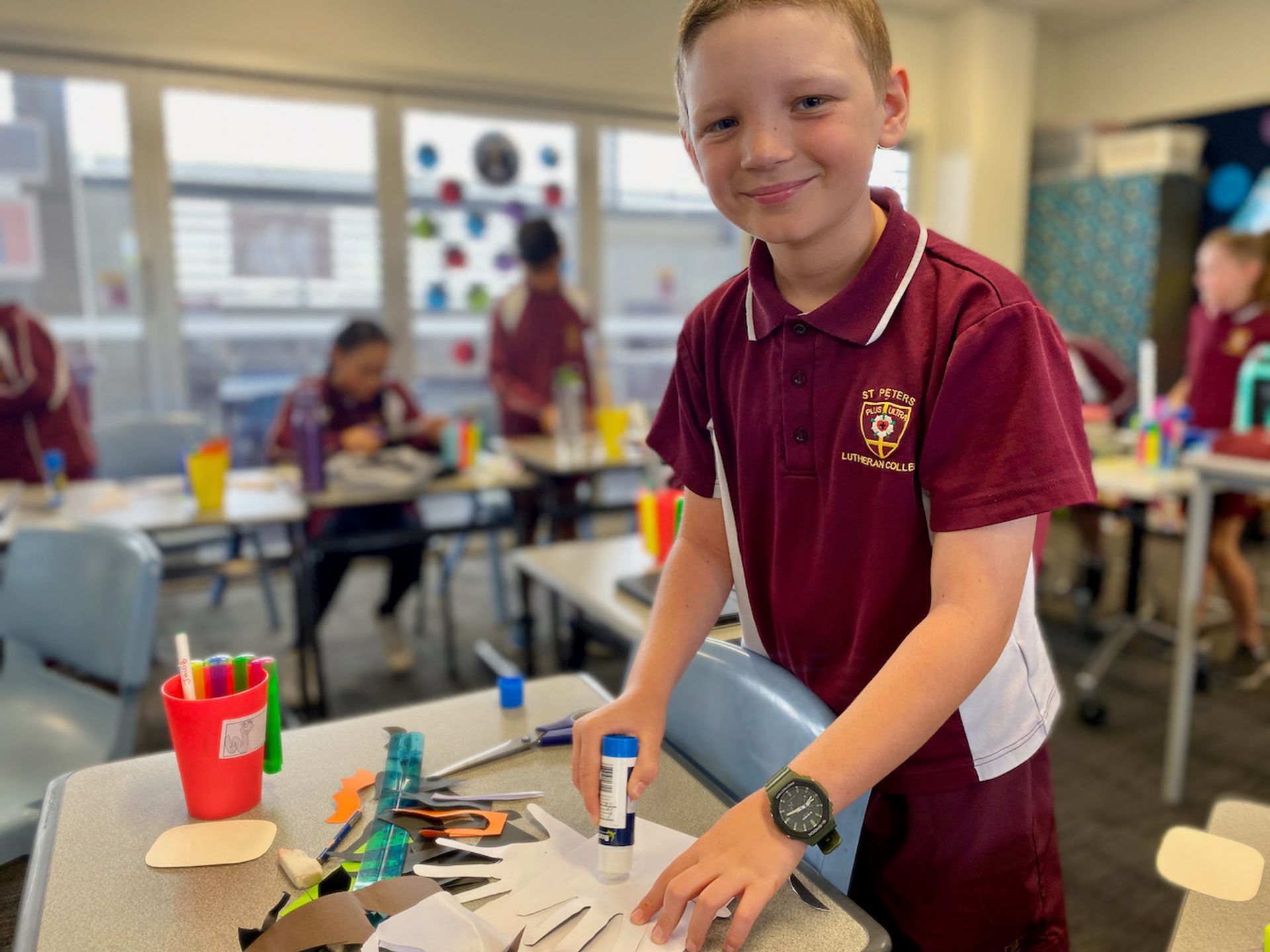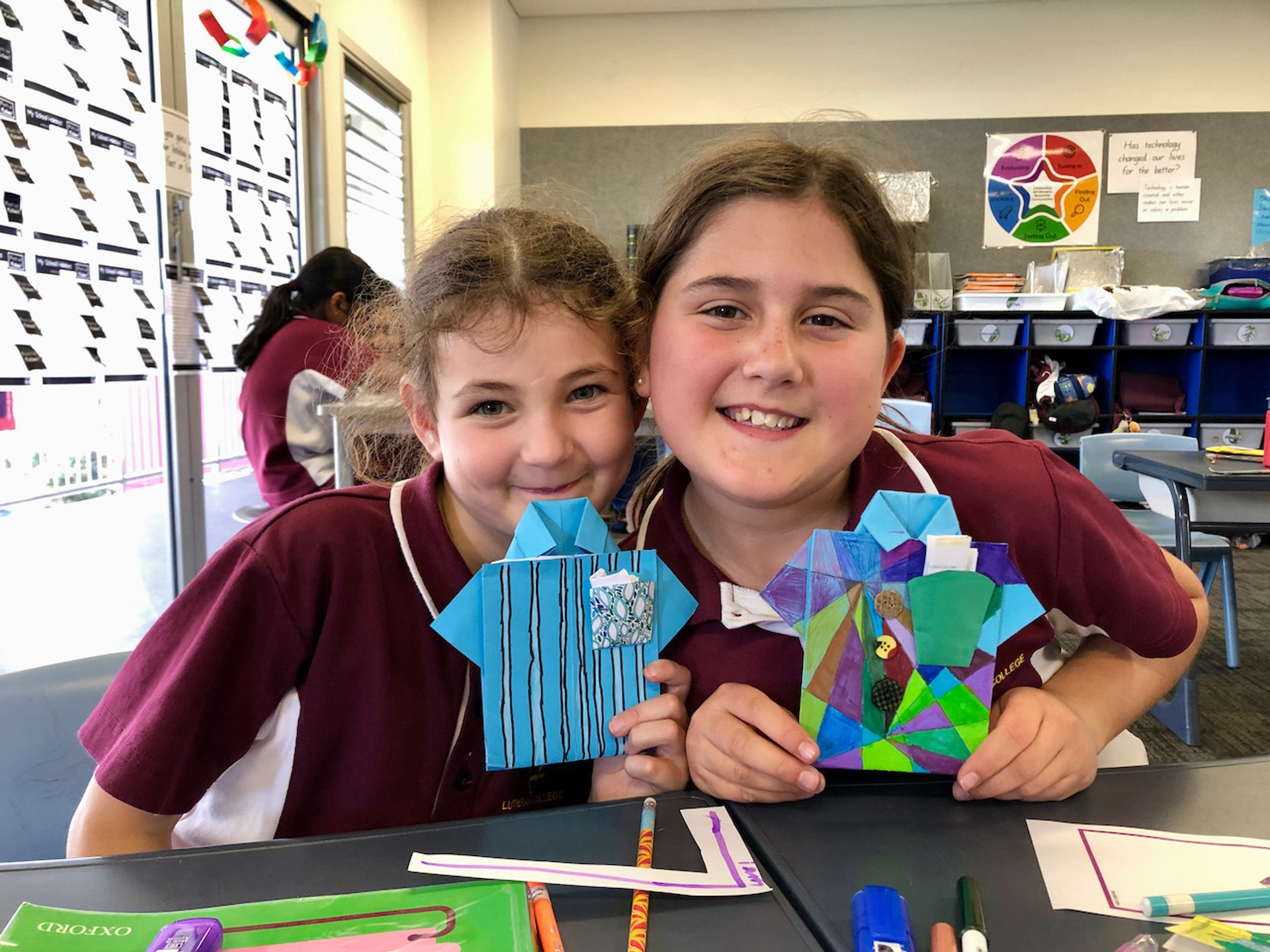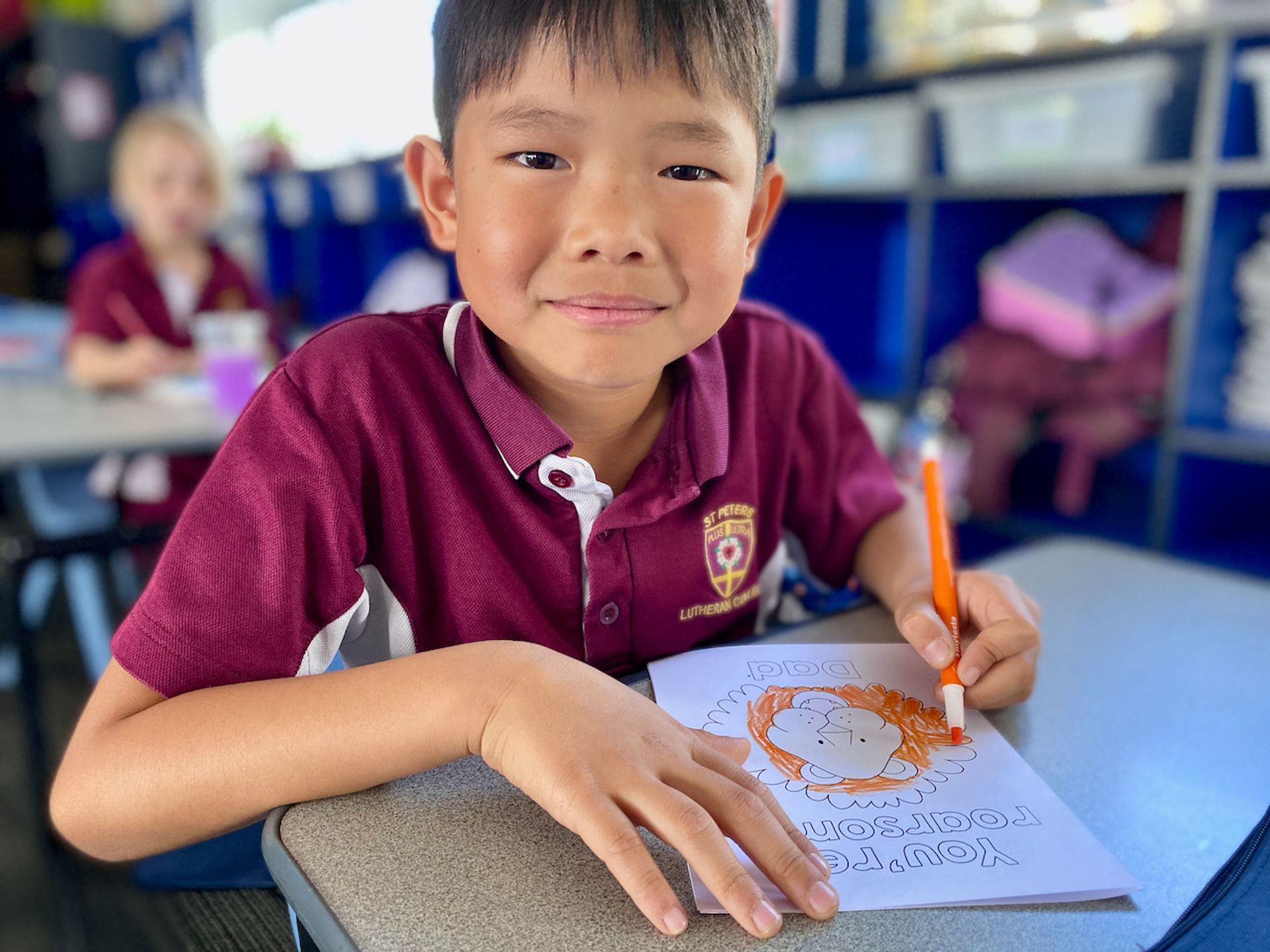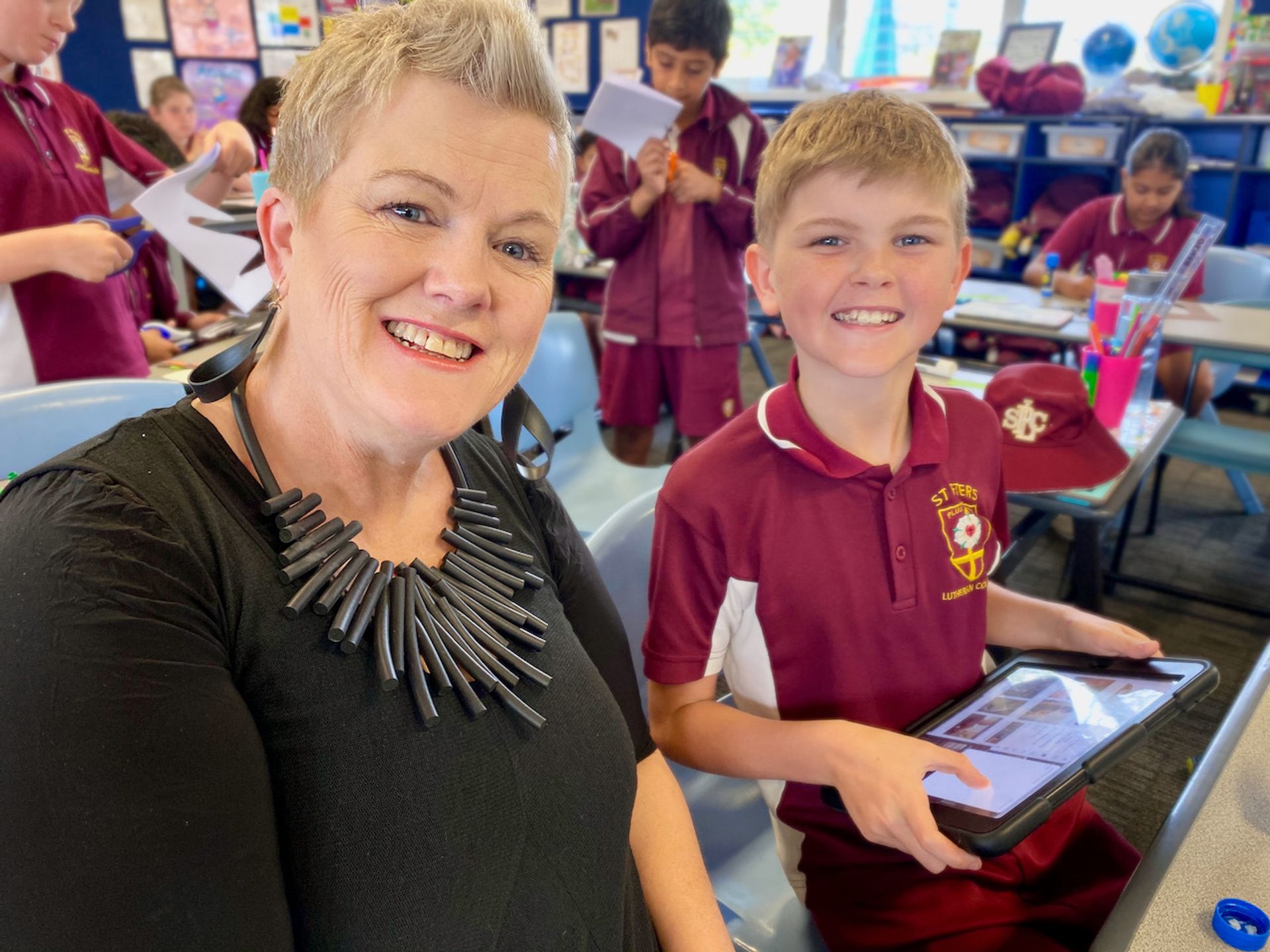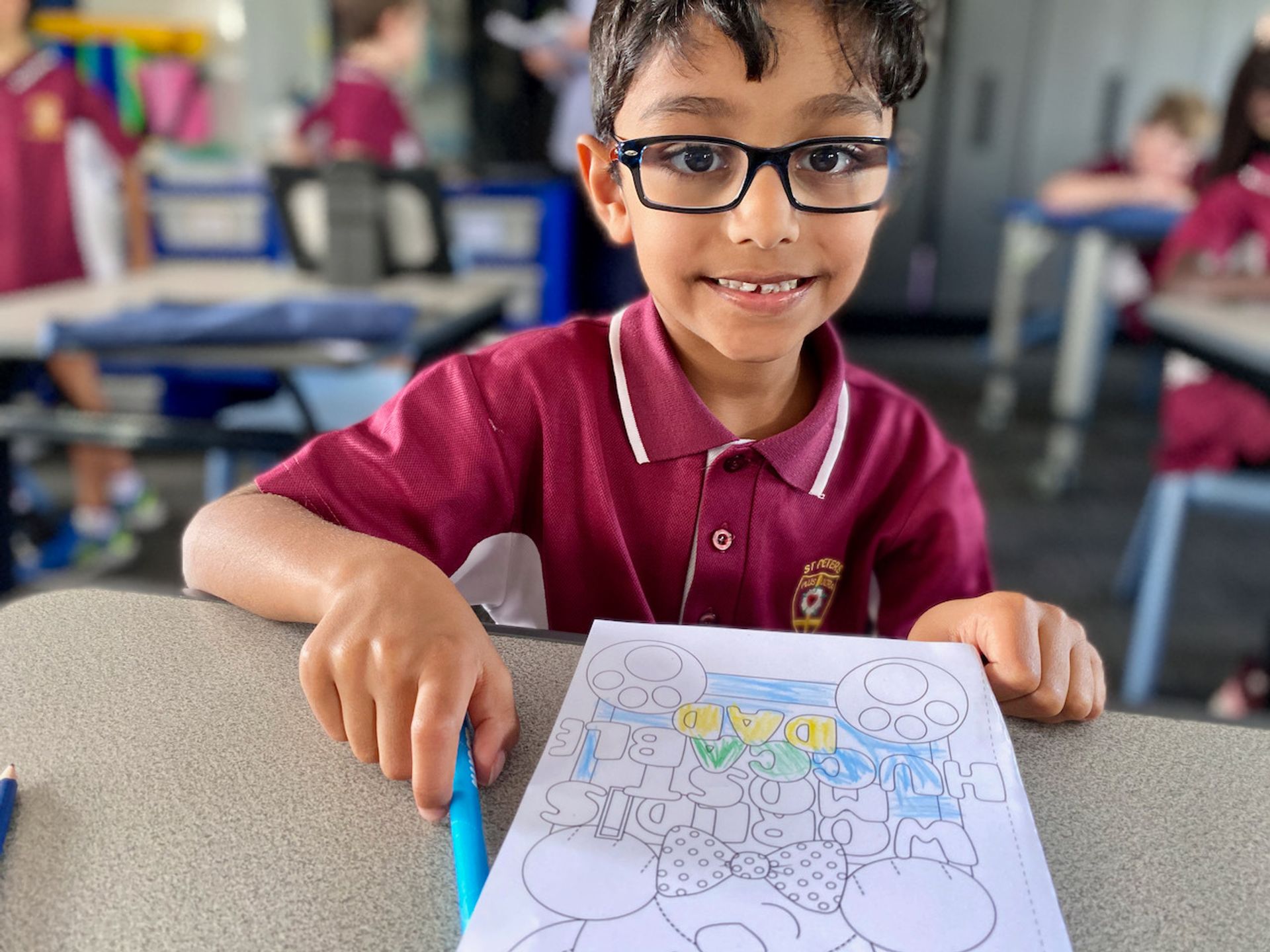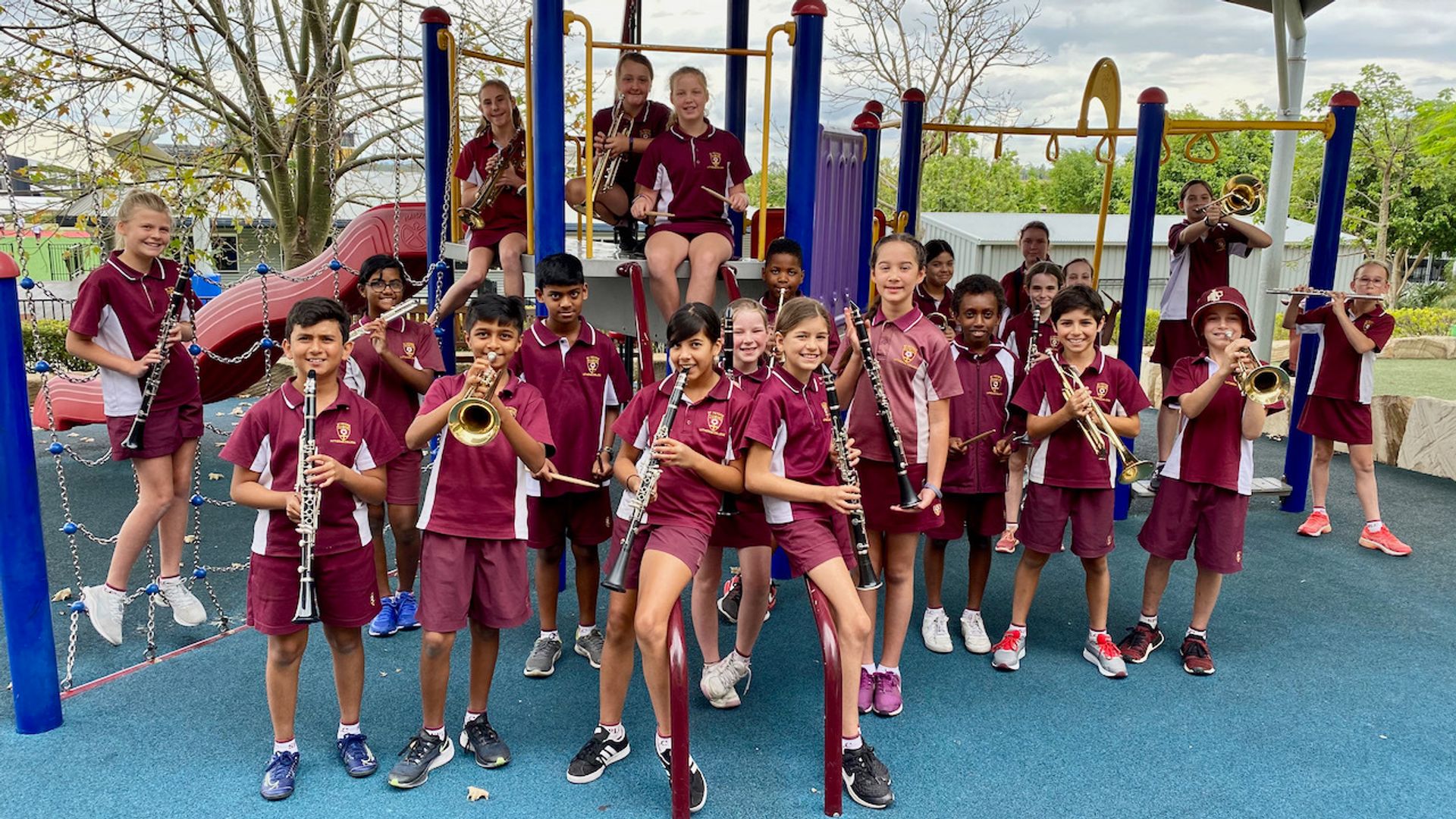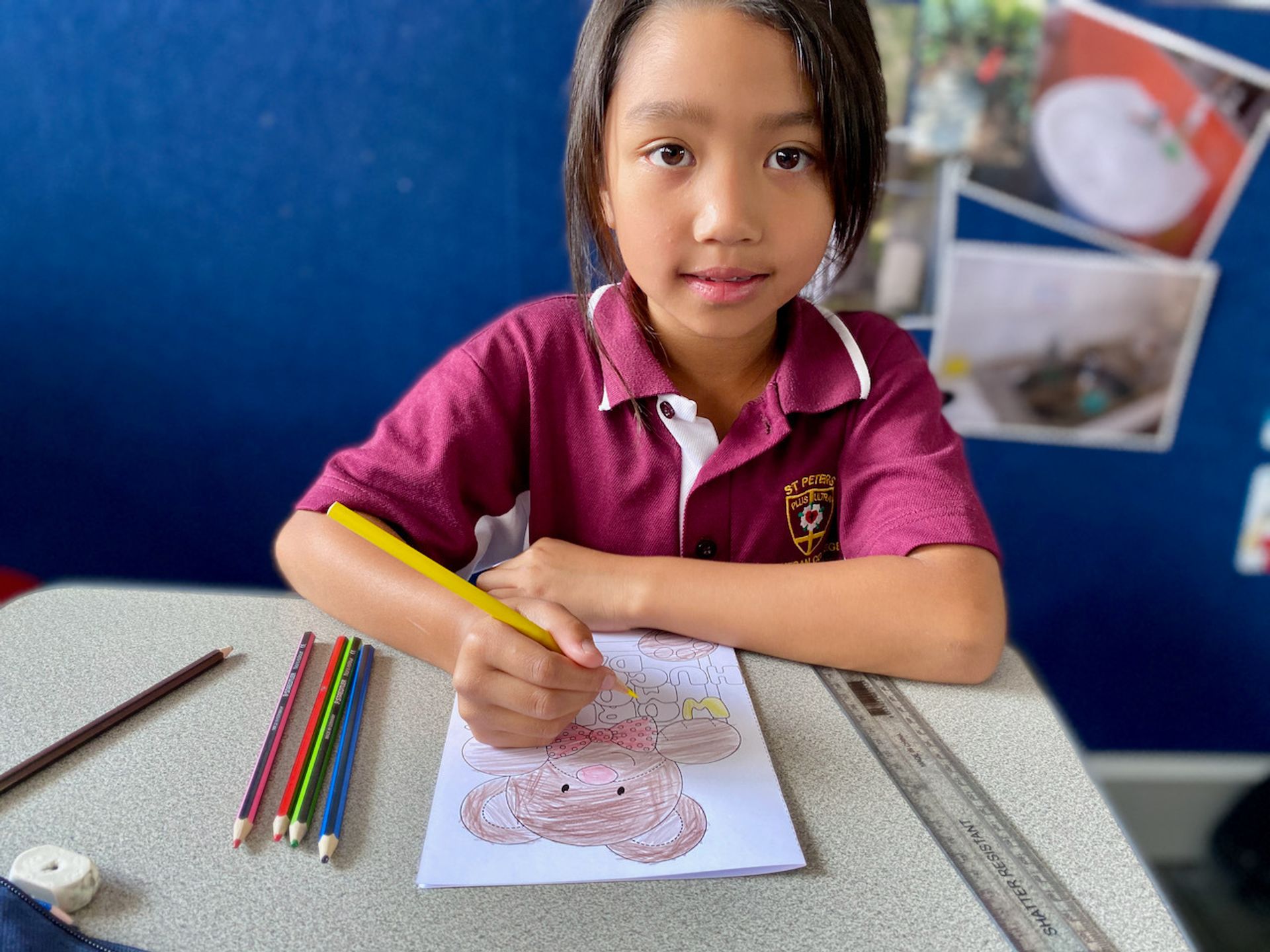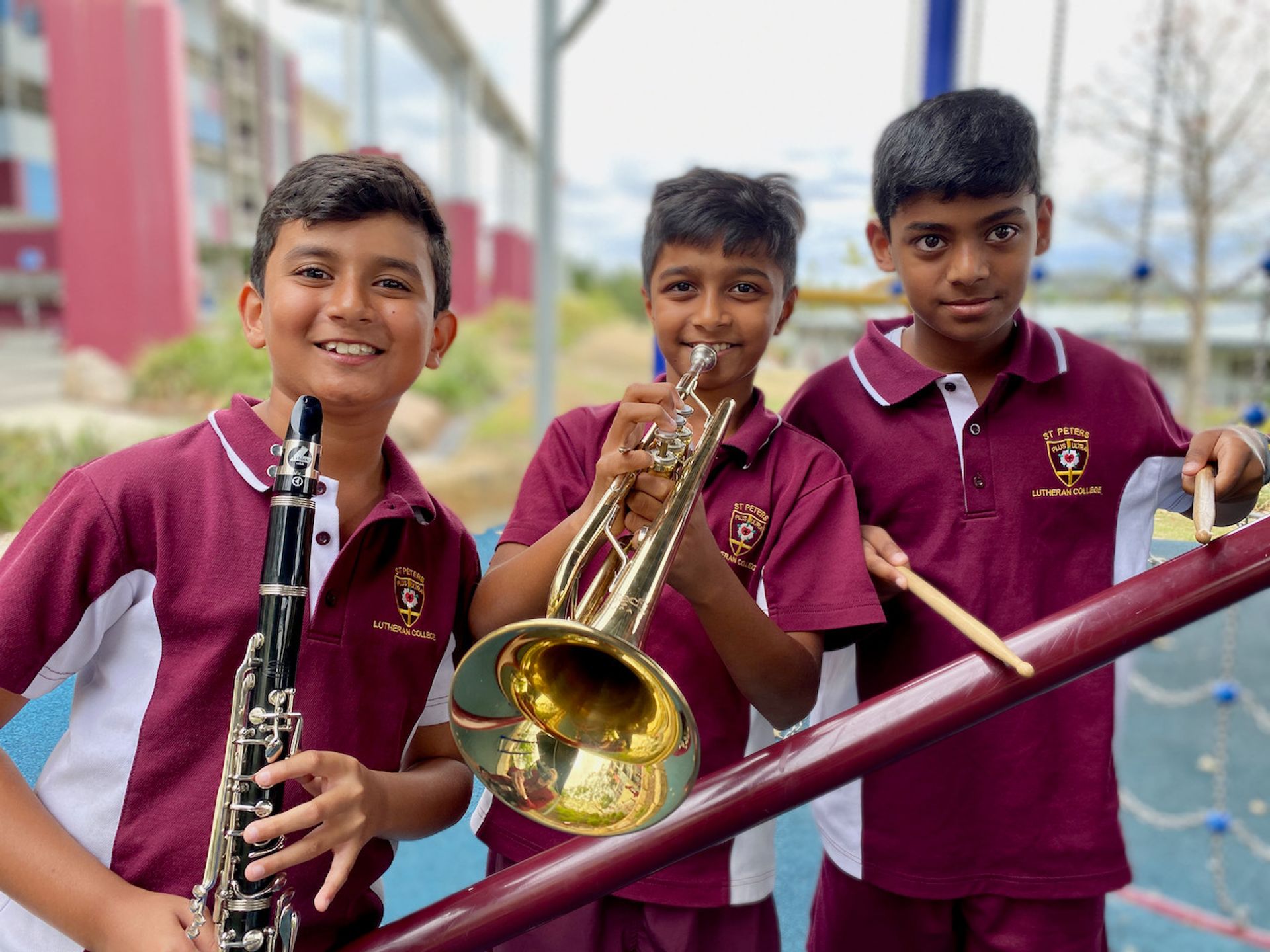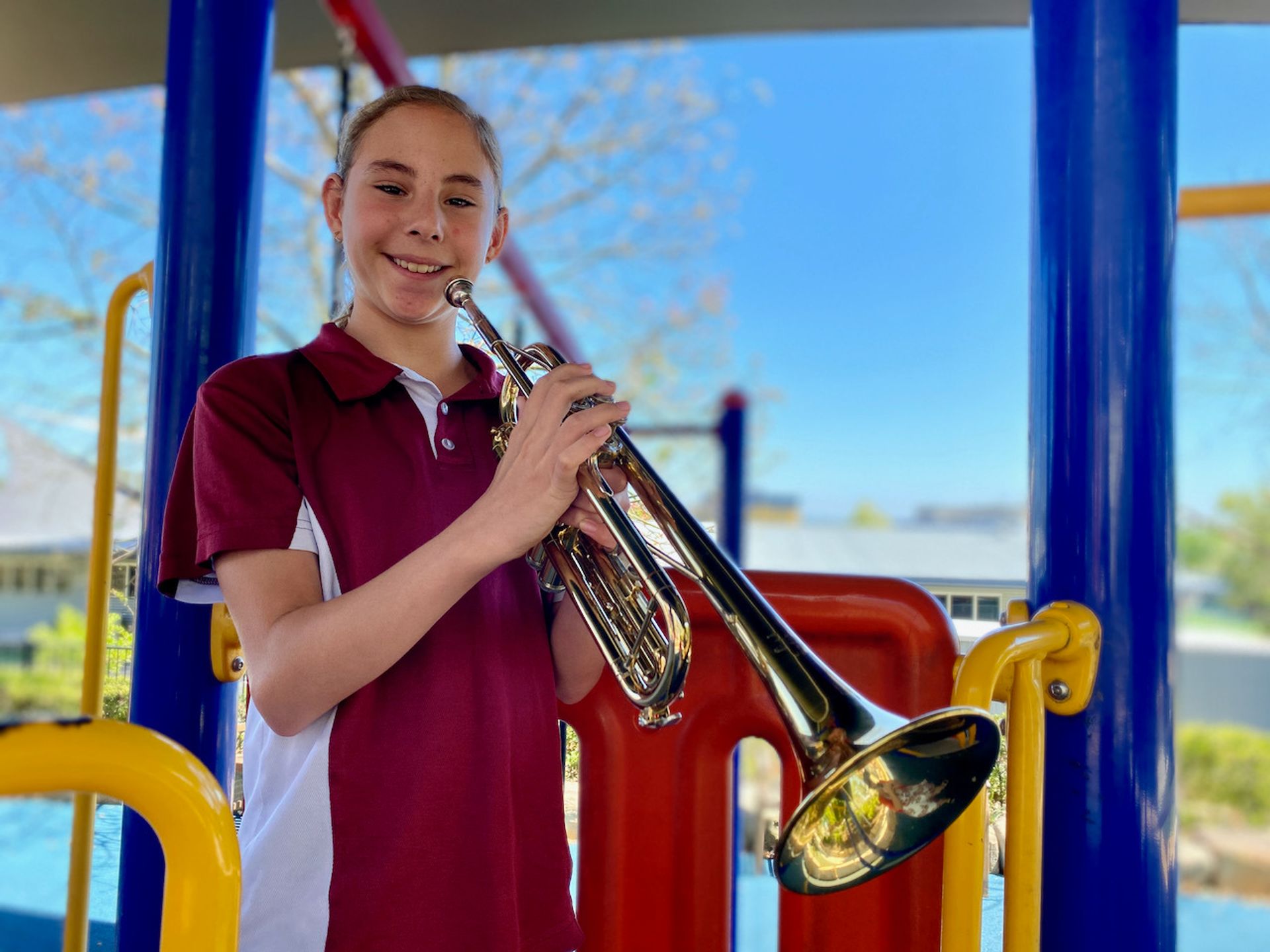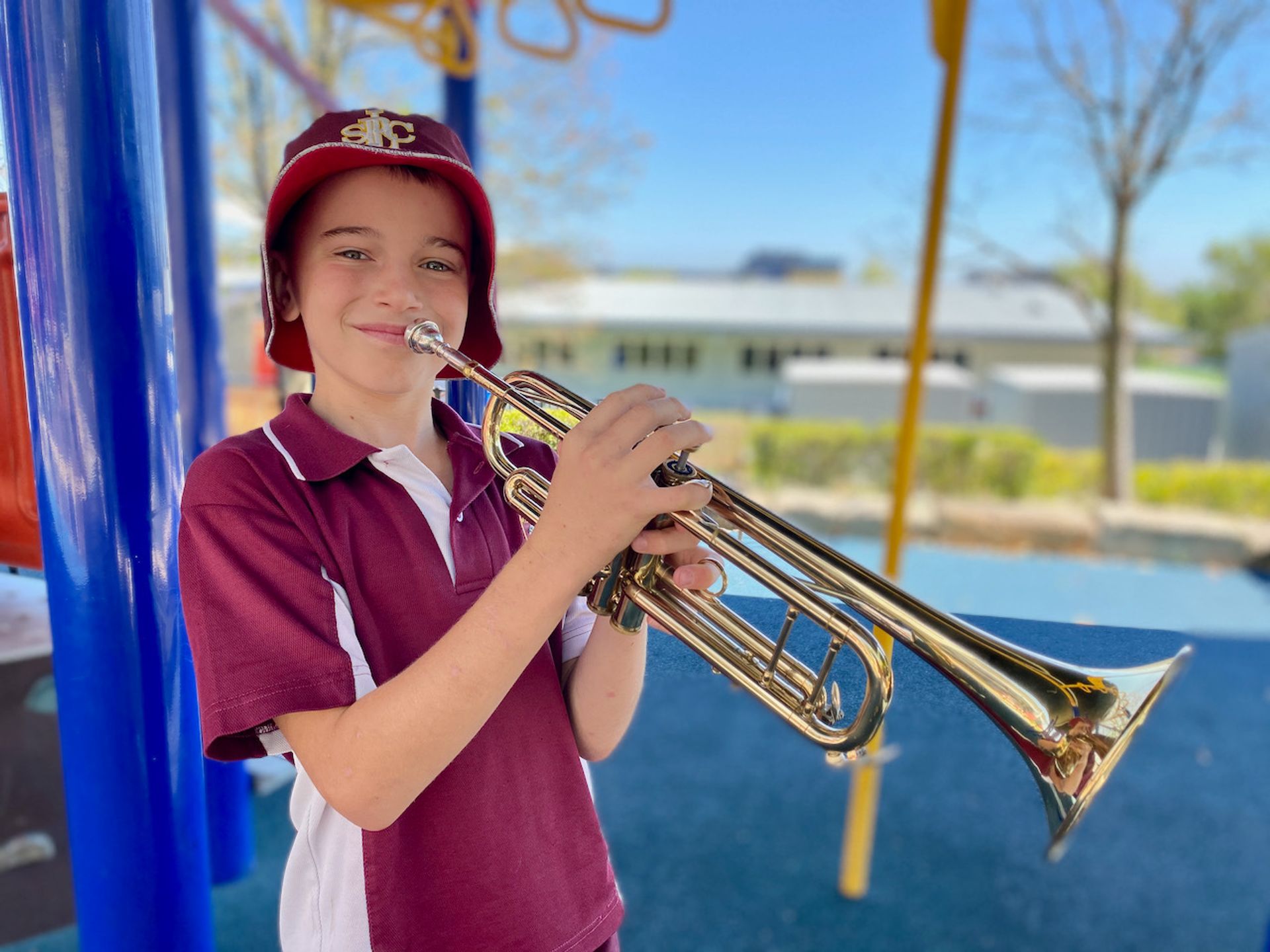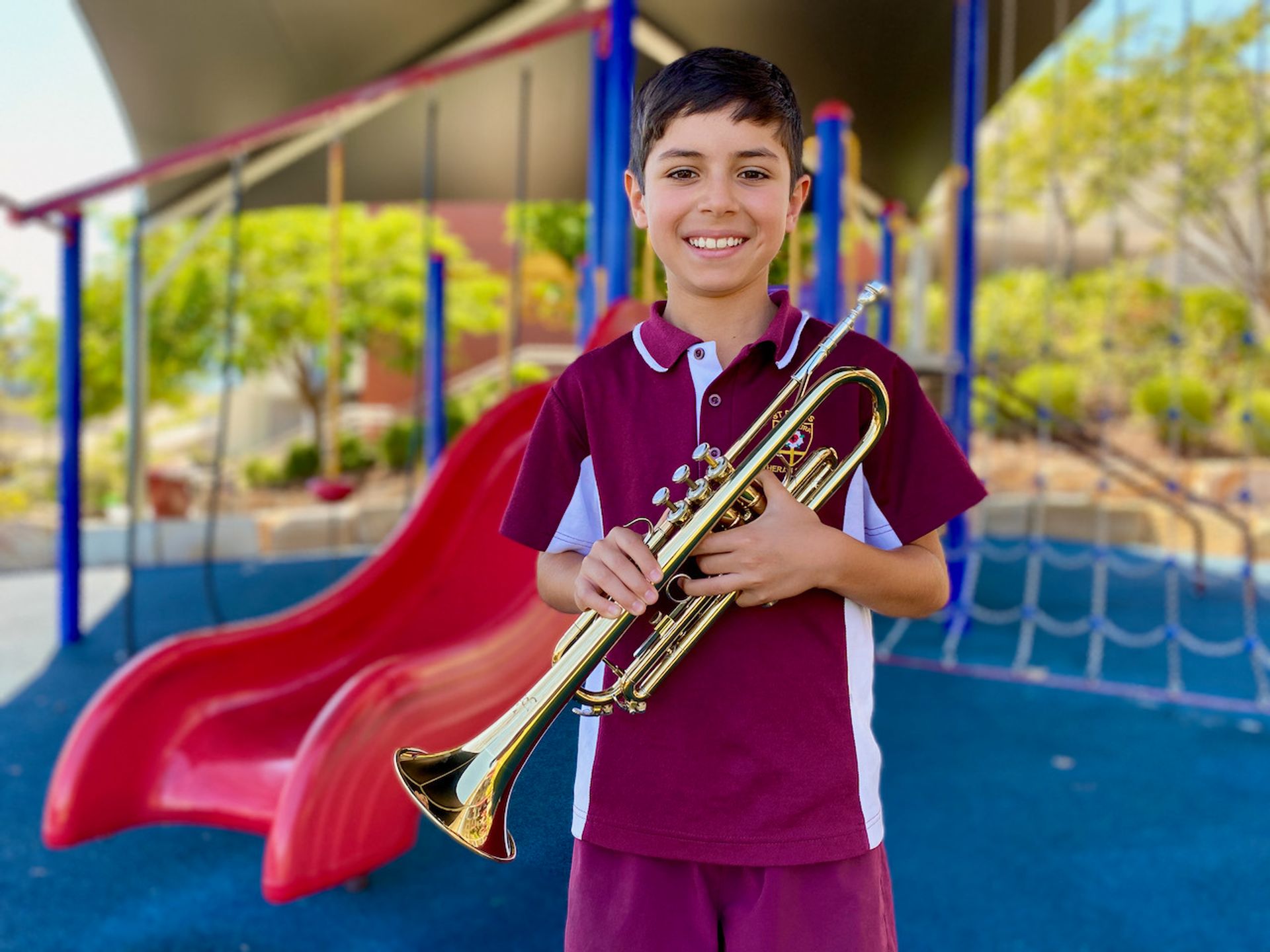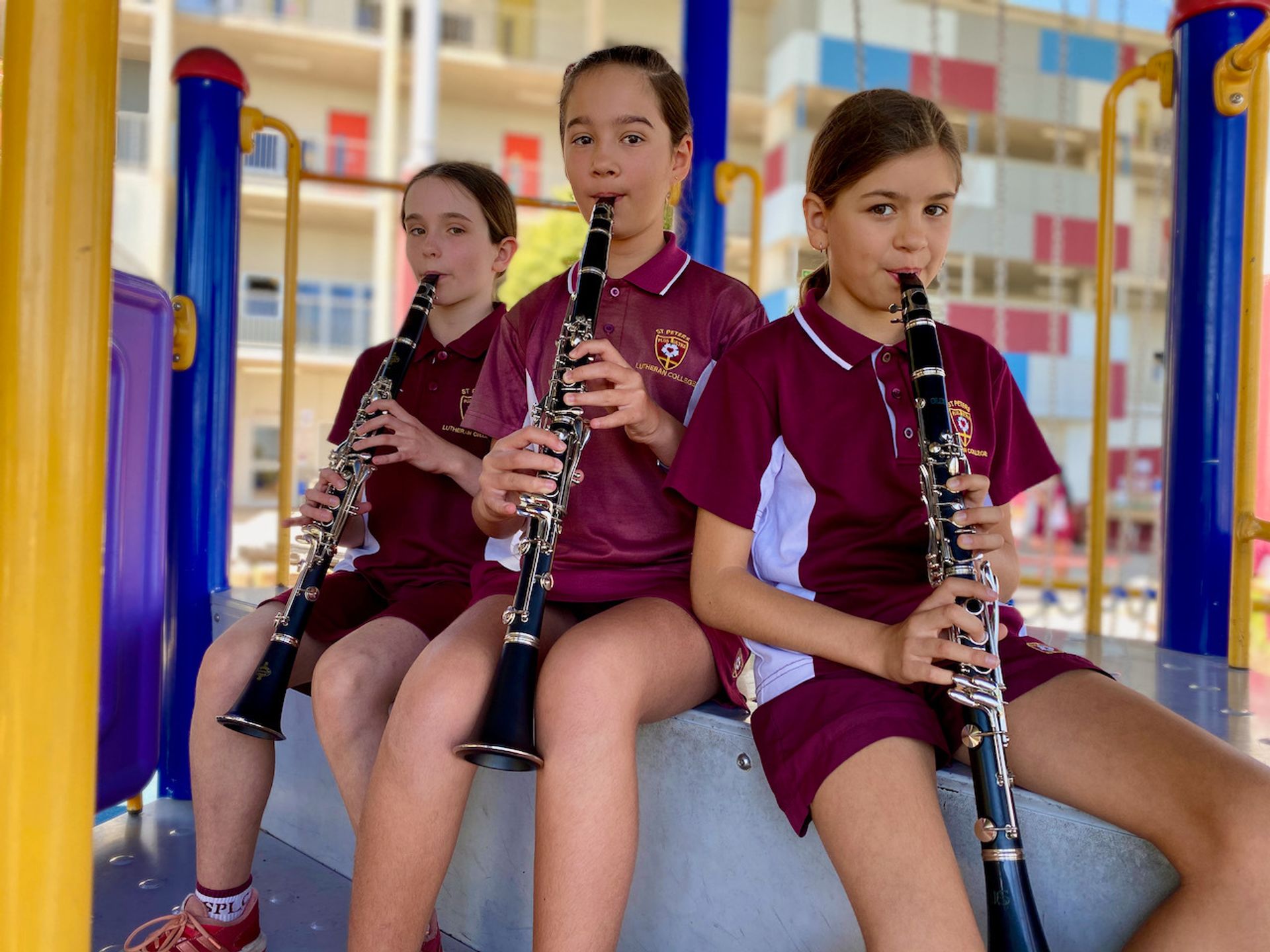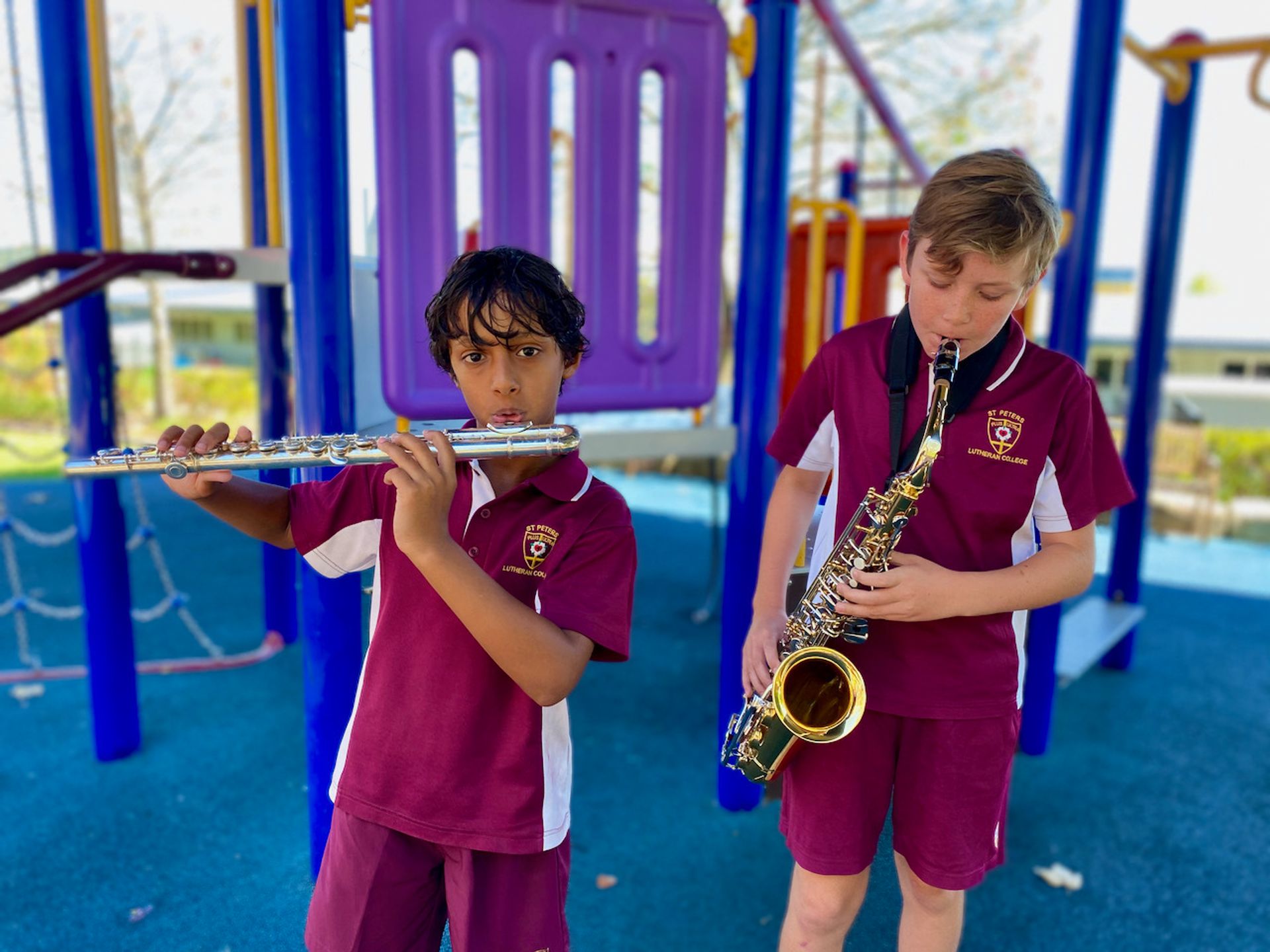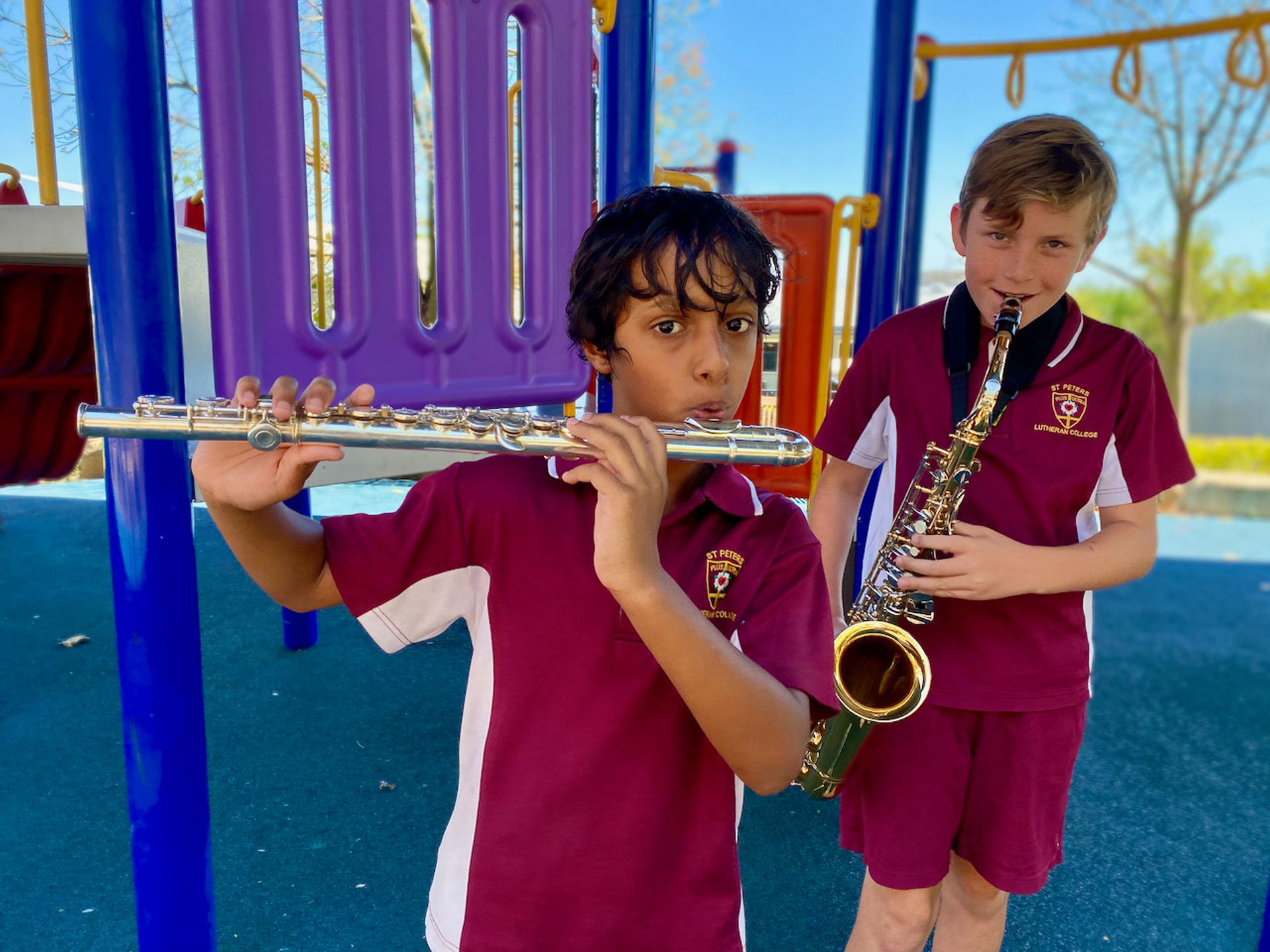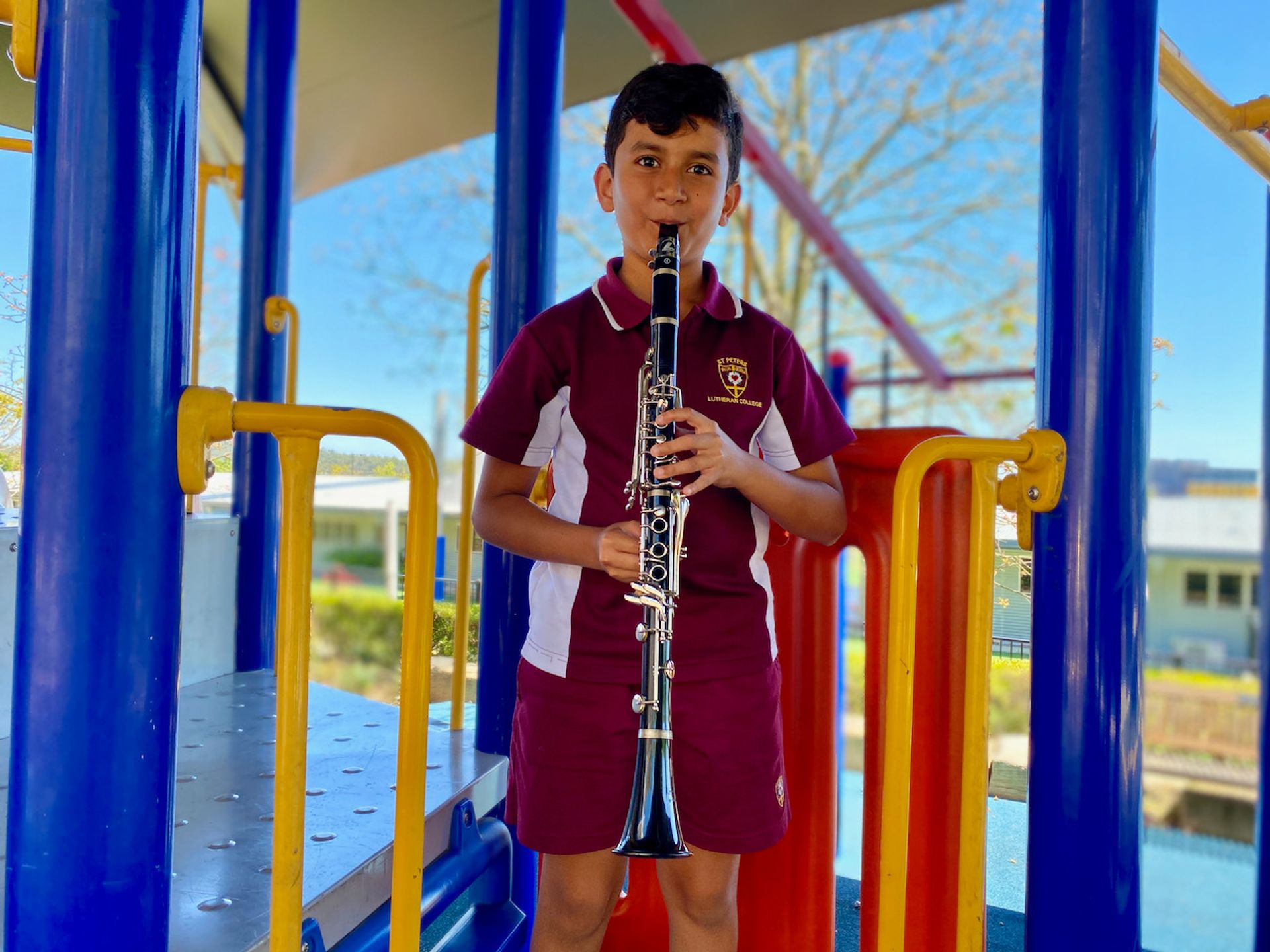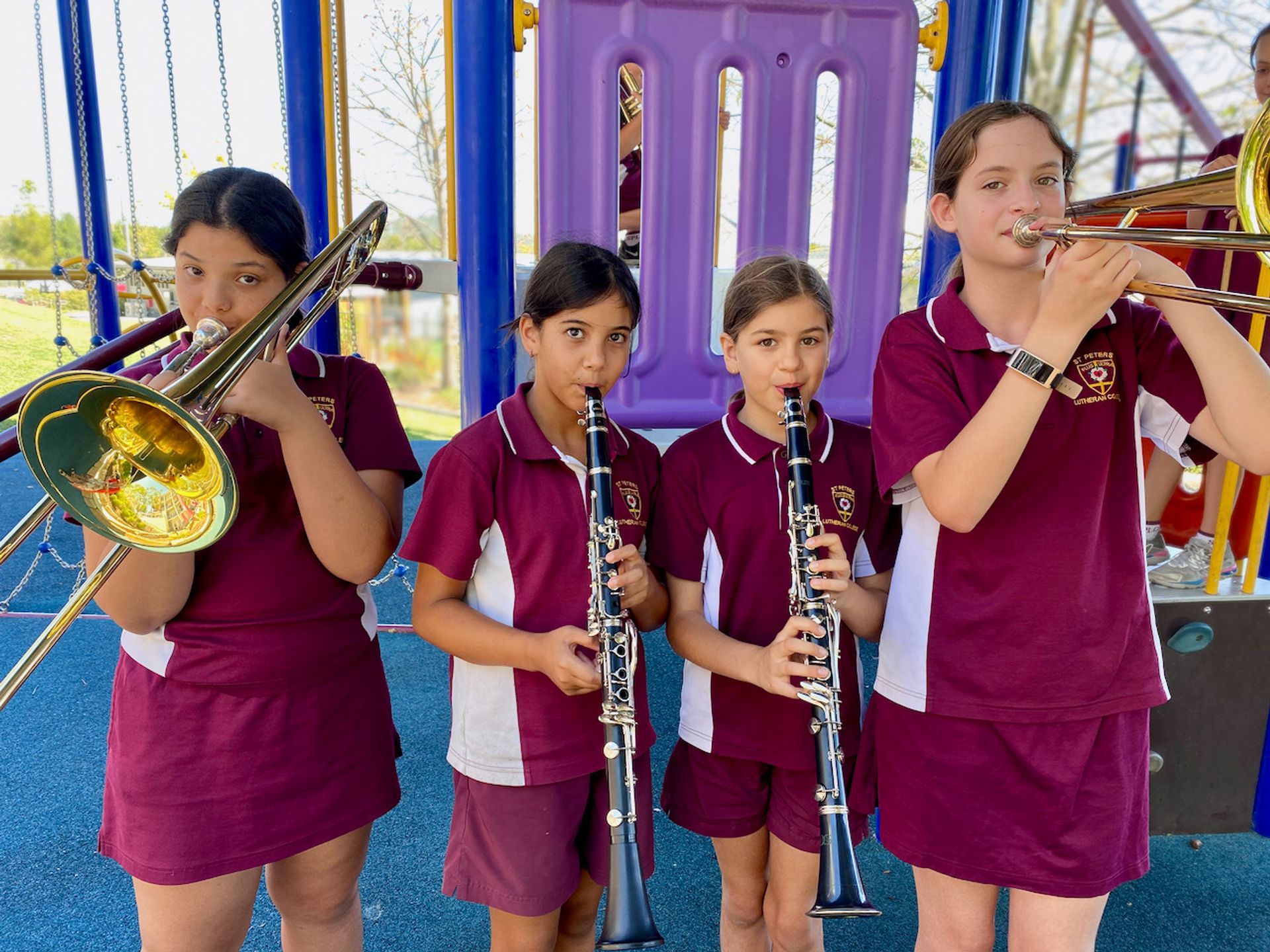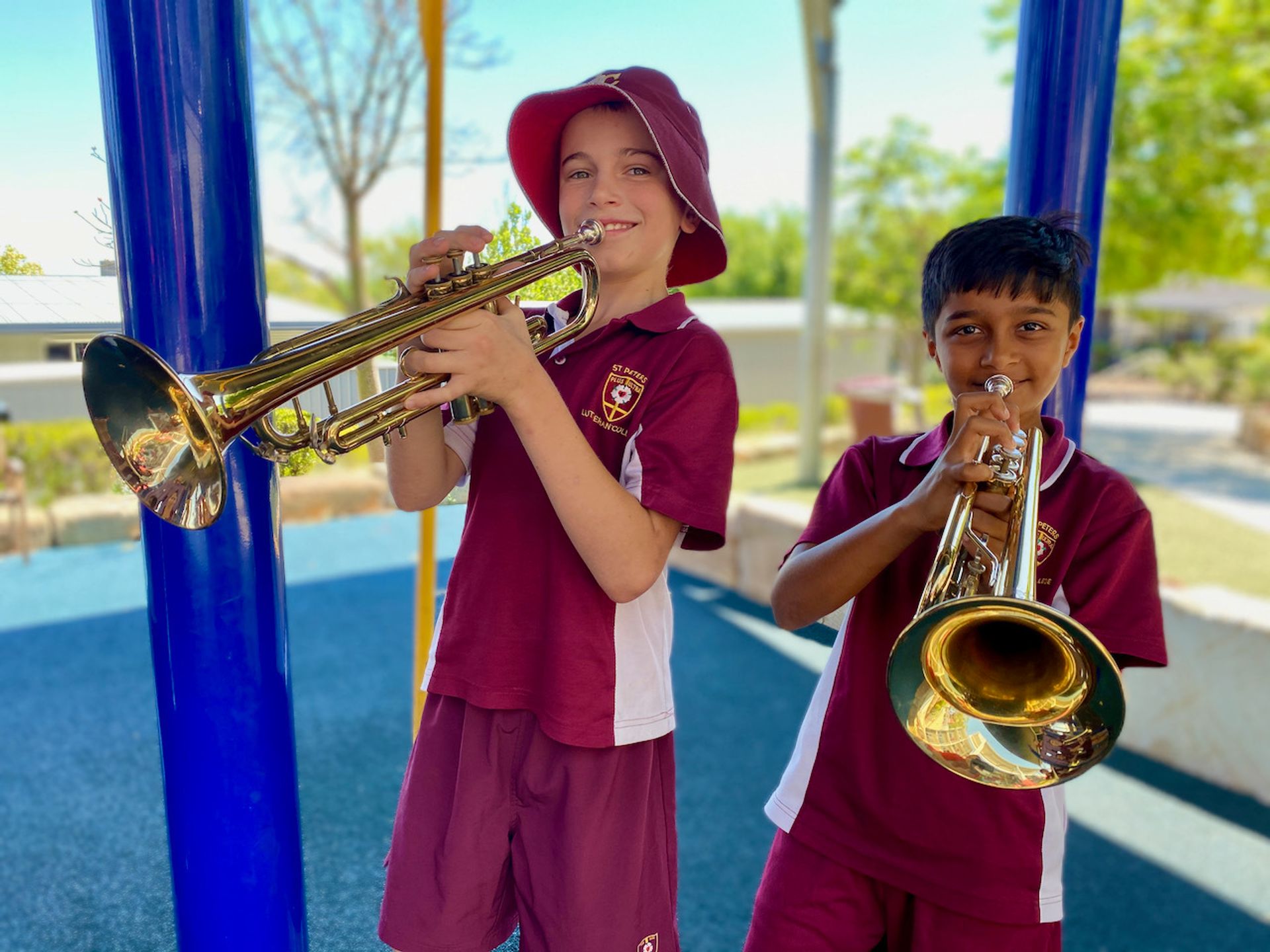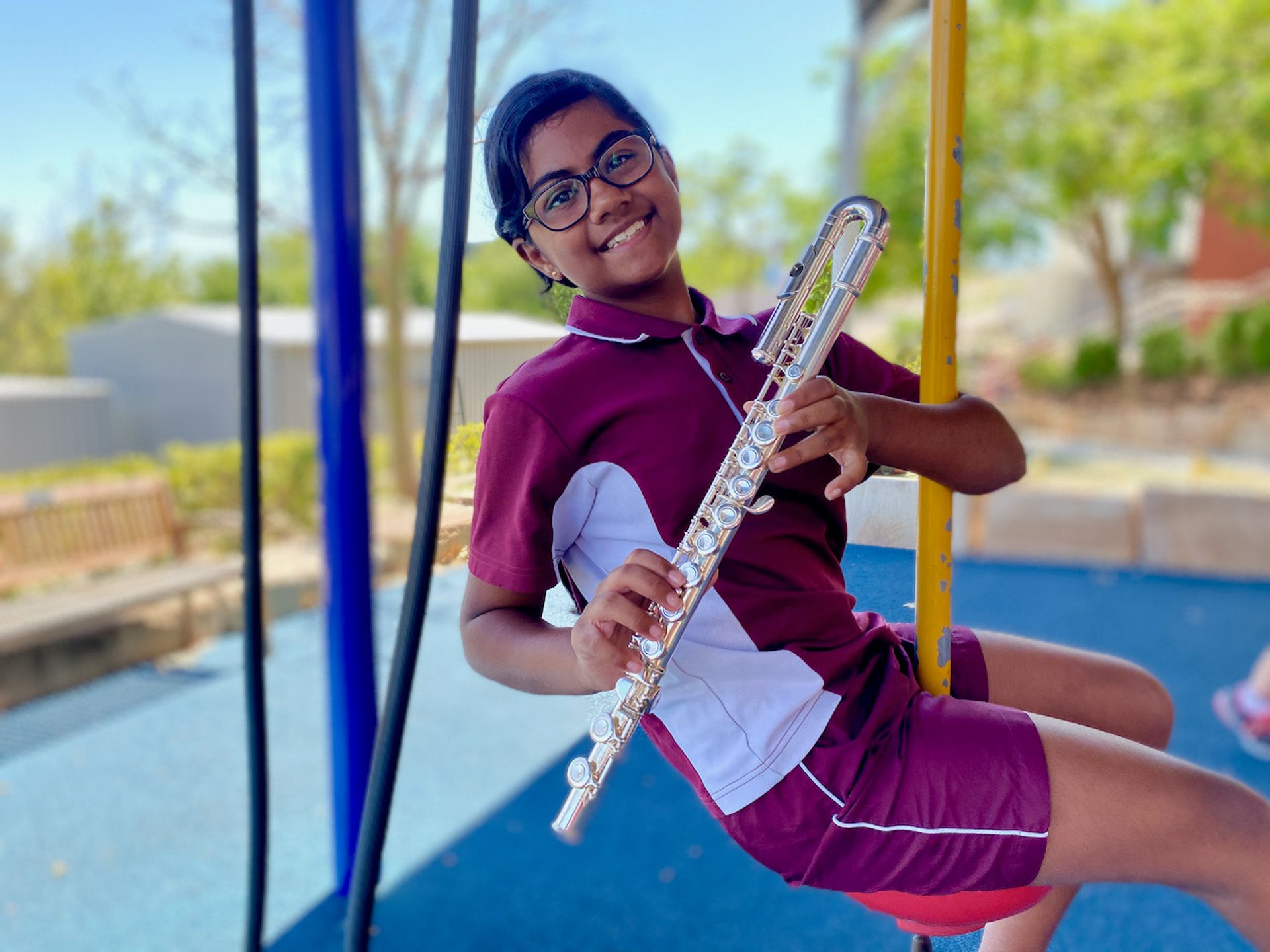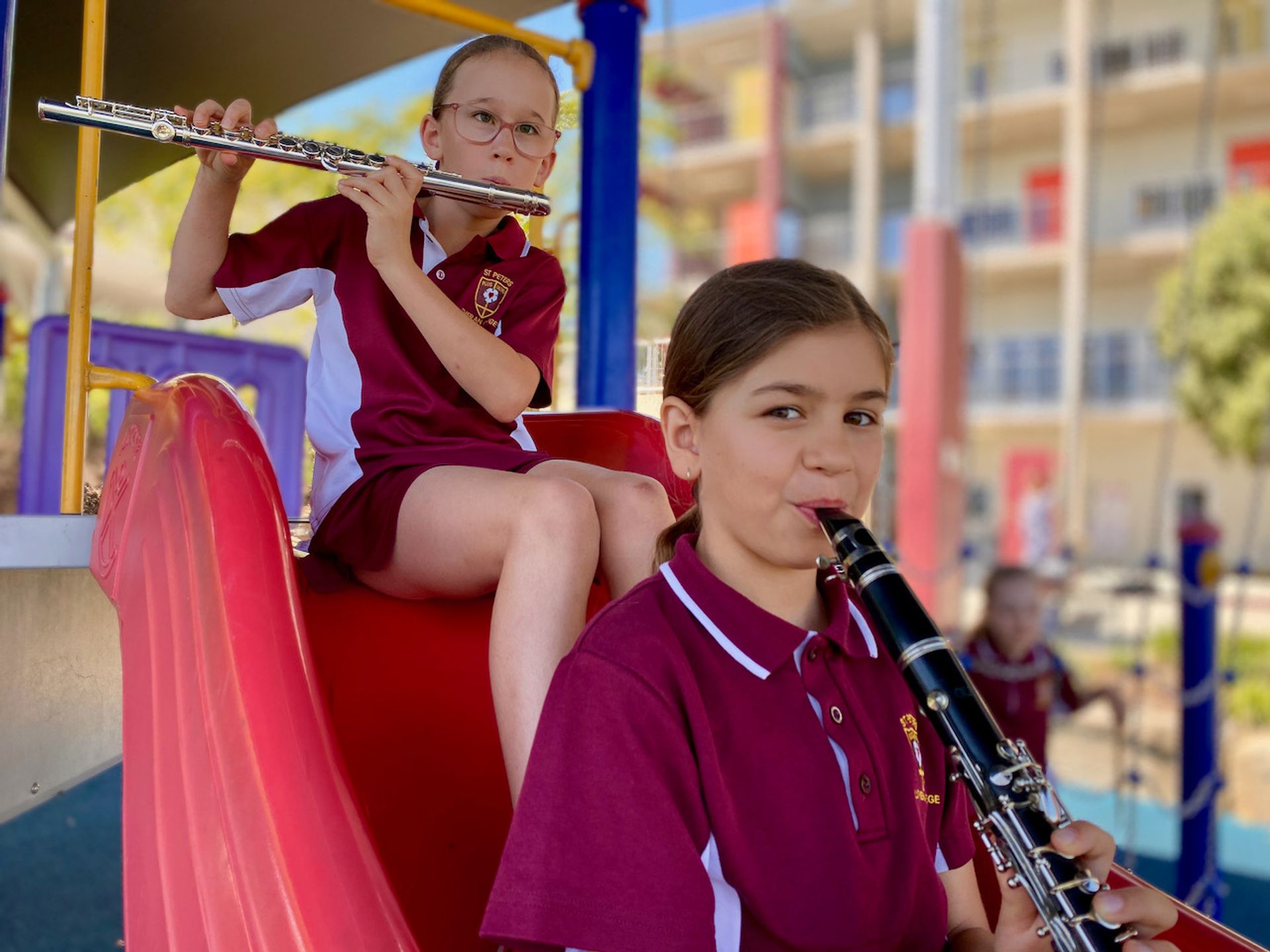
By Ms Sally Grennan, Music Teacher
With the use of digital technology so entrenched in everyday life, ‘kids and screen time’ is often a conversation point. The Gonski Institute for Education, at the University of NSW have moved the discussion into the public domain with their report ‘Growing up Digital’.
Robyn Ewing AM, Professor Emerita, Teacher Education and the Arts at the University of Sydney, sees technology in the classroom as not just inevitable but essential. “In the age we live in, children need to be literate in a whole range of different ways,” Professor Ewing says. “Today’s children are used to different forms of technology from a young age. All of those things are good and needed and necessary in the context in which we’re living”.
Nevertheless, Professor Ewing was not surprised to discover that 78% of respondents to the ‘Growing up Digital’ survey noticed a decline in empathy among students.
As an antidote, she emphasises the role of literature and the creative arts in developing empathy. “The more opportunities there are to focus on the imaginative and fictional, the more that helps us understand ourselves as human beings, and understand others. The more we can use arts forms like drama, art, music and dance, which are all literacies in different ways, because they’re all about making meaning in different ways, the more we will be able to imagine different possibilities and different ways of making the world a better and more socially just place,” she says.
Professor Ewing is nonetheless aware that in the face of an online world constantly serving up colour, movement and novelty, engaging students in artistic processes is not necessarily easy. But she is optimistic. “All of us innately need the arts” she says. “Slowing things down is important. It’s about less is more and about enabling us to use arts processes and experiences to look at the things we take for granted in the world in a different way. It’s not about the end product but the process.”
The results of this kind of learning are unequivocal, Professor Ewing says, “students who are engaged in arts-rich processes get their social and emotional wellbeing fed, which in turn means they fare better academically – and not just in arts subjects, but in non-arts areas as well.”
(Condensed article from Independent Education, Issue 2, Vol 50, 2020)
Be part of our supportive St Peters Springfield community and contact enrolment by email s.enolments@stpeters.qld.edu.au or call 3470 3888


